In Partnership with the Library of Congress Radio Preservation Task Force (RPTF)
HISTORICAL COLLECTIONS
Finally, a place for her in historical conversations




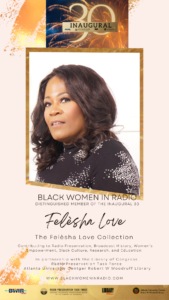
Historically, little is mentioned about women’s contributions in radio, and even less was mentioned about minority women. Black Women in Radio (BWIR) is a professional organization that exist to recognize the contributions of Black women in the radio industry.
And now, for the first time in American history, Black women are not only being recognized, but are included in archival history, and their voices will be preserved in the National Black Women in Radio Historic Collection and Oral History Project curated by BWIR Founder, Felèsha Love. Radio veterans, college educators, scholars, and researchers revere the collection as a needed solution to remedy the decades of exclusion of minority women from historical conversations.
The impactful careers of 38 stellar professionals, known as The Inaugural 30, are the foundation of this collection, which tells an American story about clarion voices whose impact reached local, regional, and national influence on and off the airwaves for over five decades. Each woman’s radio career is a multi-dimensional journey is rich in history.
The BWIR Historic Collection and Oral History Project is the home of America’s largest historical collection of contemporary commercial radio professional women of color. Thanks to BWIR’s the partnerships with the Library of Congress Radio Preservation Task Force (RPTF) and the Atlanta University Center Robert W. Woodruff Library, this work is ongoing. BWIR will expand the collection with additional collection entries annually. However, there will never be another Inaugural 30.
Contact Felèsha Love, if if you have knowledge of additional research, artifacts, memorabilia, recordings from relatives of celebrated broadcasters from 1940’s to present contact us at feleshalove@blackwomeninradio.com

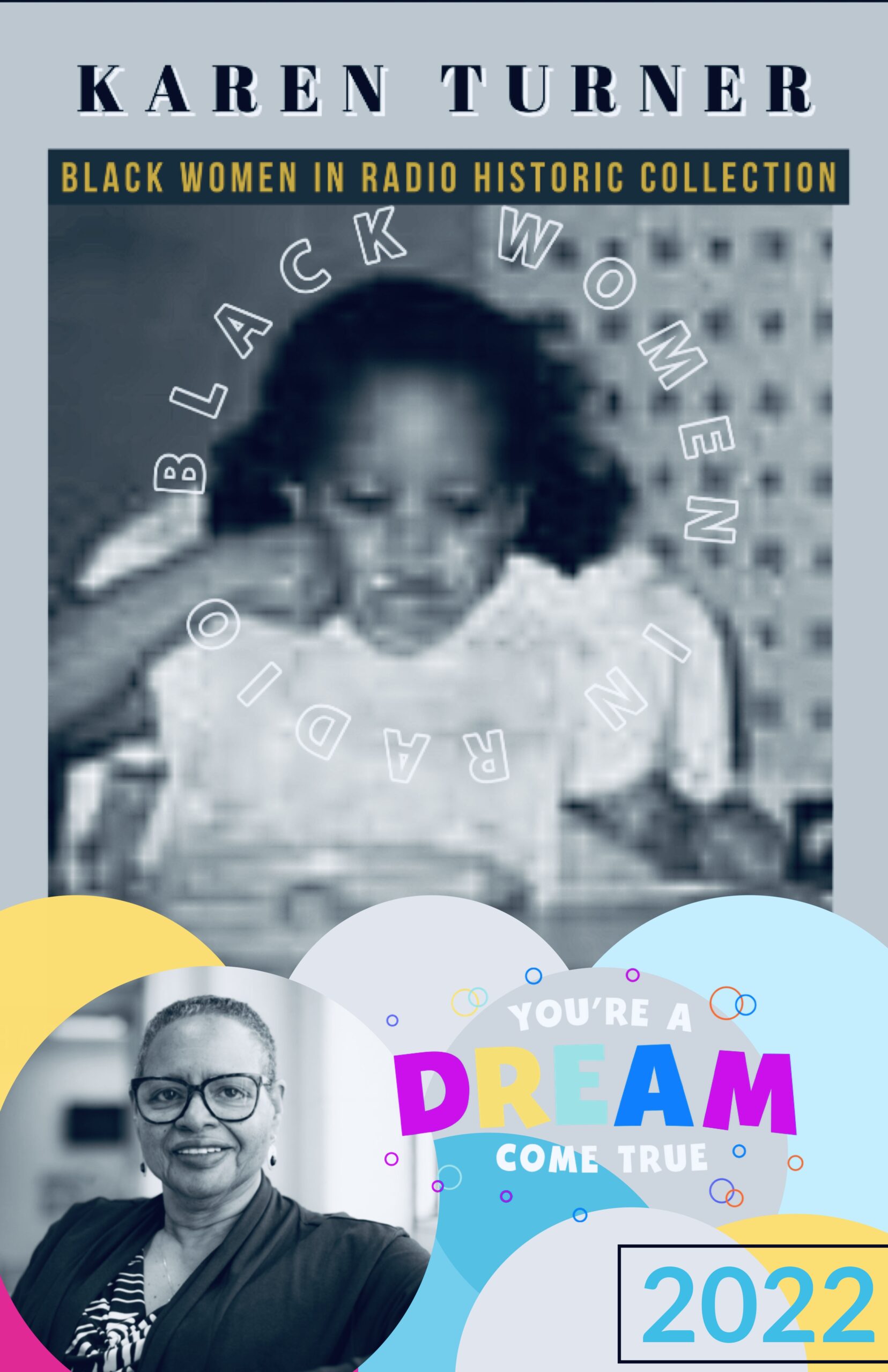
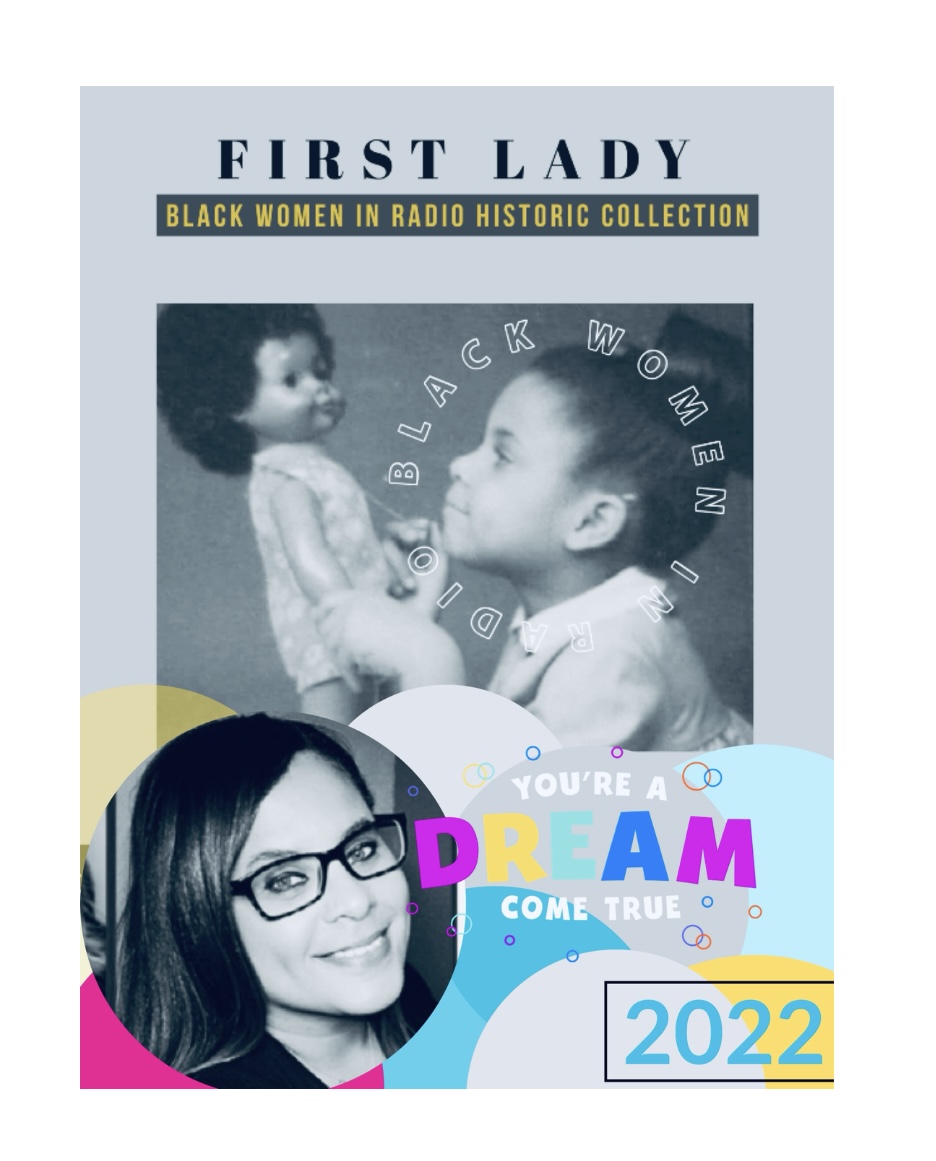


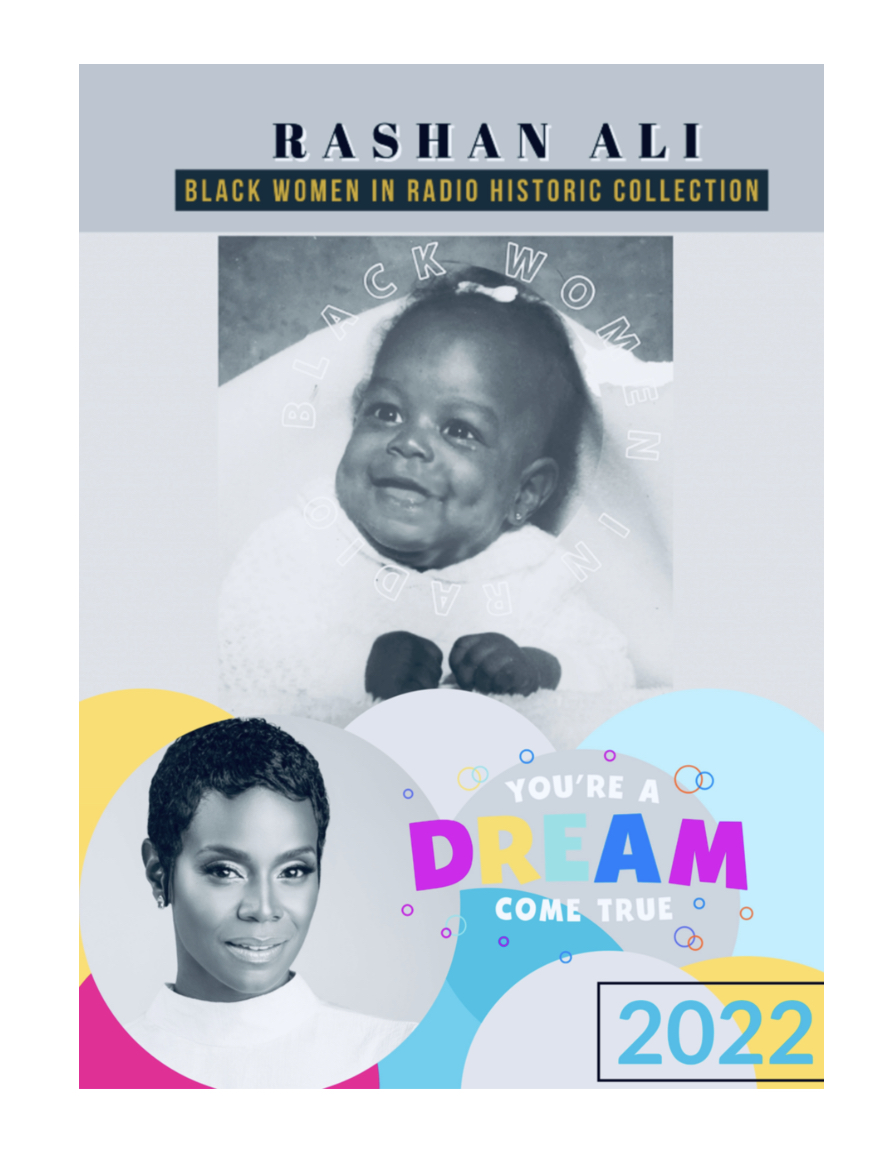

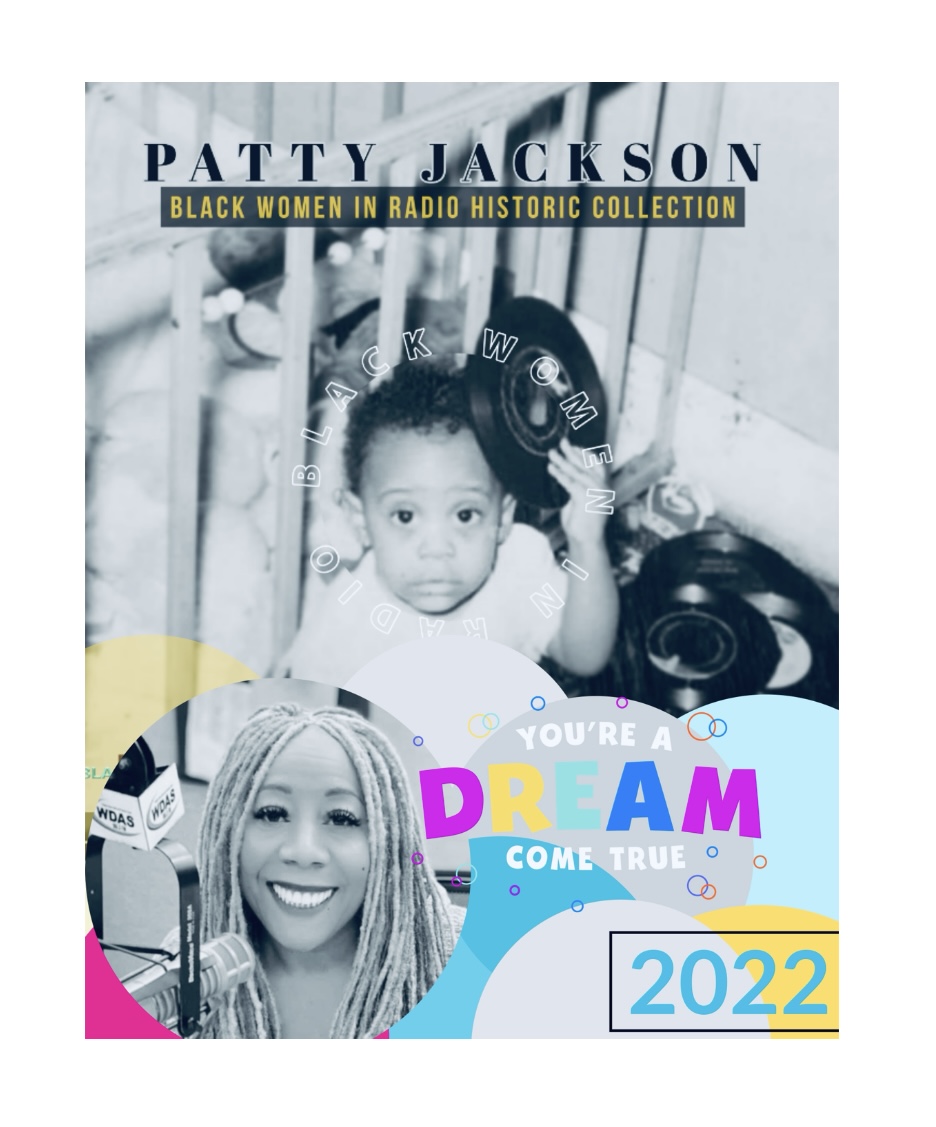
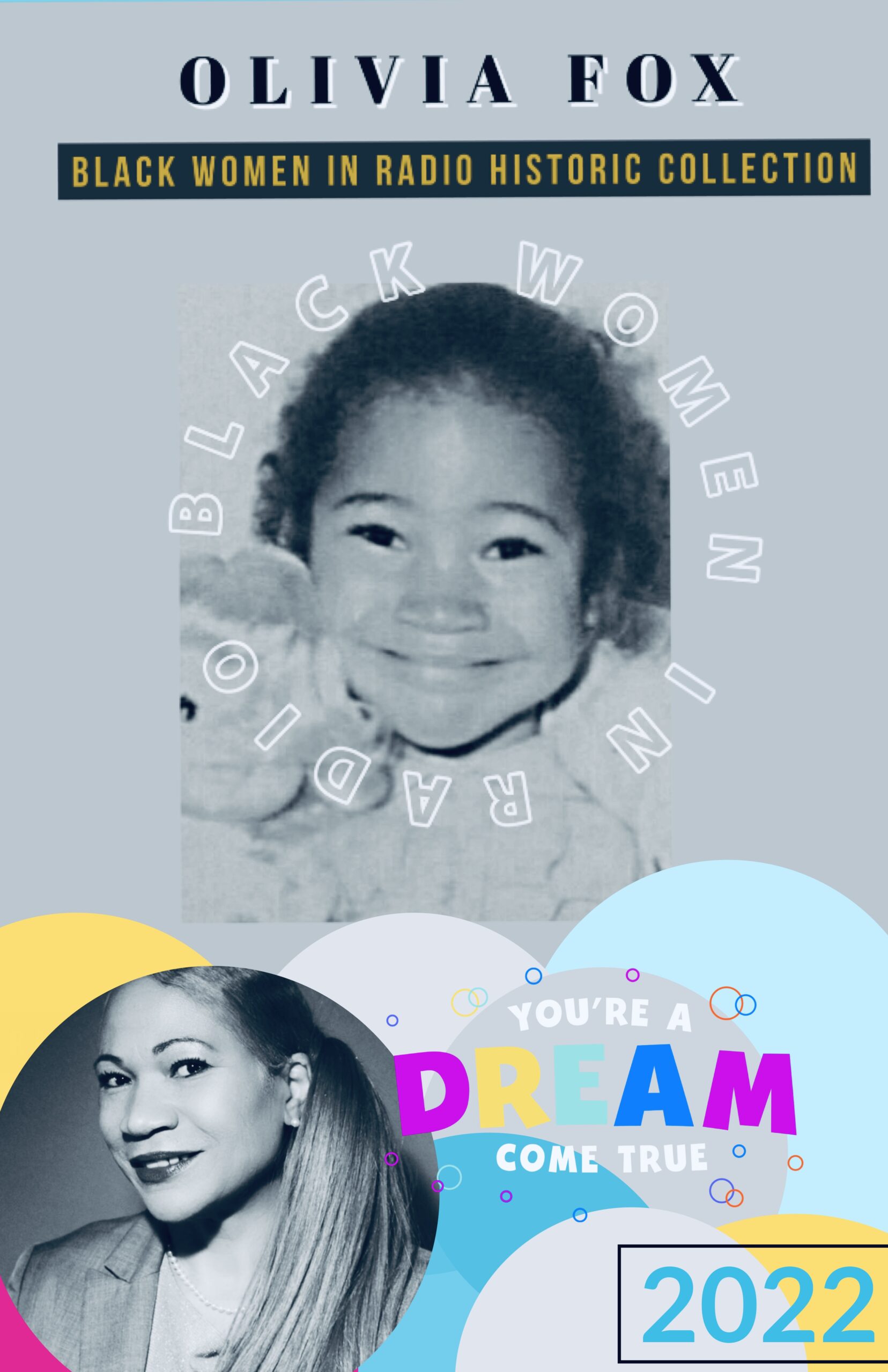




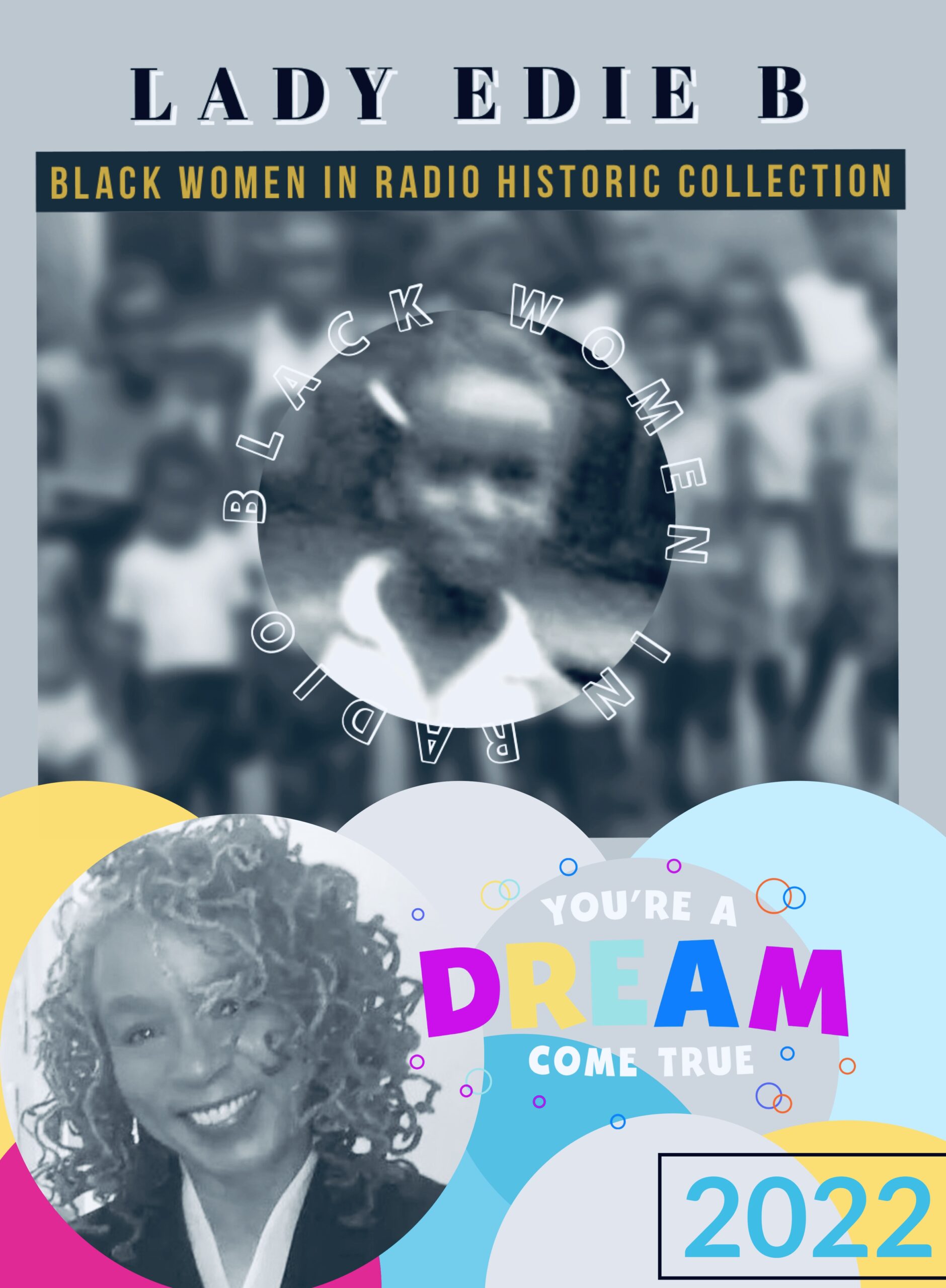













BWIR and RPTF to Launch New Historical Collection Project
LEGENDS: The Evolution and Legacy of Black Radio Culture

Black Women in Radio (BWIR) and the Radio Preservation Task Force of the Library of Congress’s National Recording Preservation Board will officially launch a new sound, and oral history project during the 2023 RPTF Conference. The collection, LEGENDS: The Evolution and Legacy of Black Radio Culture, led by BWIR Founder Felèsha Love, is a comprehensive study about radio culture through sound, pivotal historical socio-political challenges, and collectables from the people who helped shape Black radio and music culture.
An expert panel of radio experts, and scholars on the LEGENDS Committee will be joined by LEGENDS collection contributors for The State of Black Radio panel, as well as, the LEGENDS panel to talk about the importance of this work to education and the broadcast industry. The panel will discuss parallel timelines between radio and music from Jack Cooper’s 20th Century All Negro Hour to 21st Century Podcasting.
The much-anticipated RPTF Annual Conference has attracted the enthusiasm of America’s most influential veteran broadcasters, radio station owners, and C-suite executives traveling from across the country for the first time to attend the launch on the Friday of the conference. The 2023 RPTF Conference is scheduled April 27-30, 2023, at the Library of Congress.
BWIR is proud to partner with the Radio Preservation Task Force (RPTF) which was created early in 2014. RPTF is under the Library of Congress National Recording Preservation Plan. Review extensive research from partners and collaborators here.
https://radiopreservation.org/projects/

Black Radio’s Commitment to the Black Community
By: Angela Greene
Throughout history, Black people both in Africa and America have always had a way of communicating messages to each other within our community. For example, African women braided seeds into their hair in patterns to convey messages to each other about escape routes in case slave catchers caught them. That tradition traveled through the middle passage with those caught and brought to America as slaves. Those same braided messages were used in America by slaves who planned their escape by traveling North to freedom.
Generations later and much more recently, by 1949, the first Black radio station, WERD in Atlanta, Georgia’s Sweet Auburn district went live, and you can best believe their broadcast messages were just for us!
At the height of the Civil Rights movement, Blacks had to be a bit more discreet in their manner of conveying messages out of fear that the churches where they met for mass meetings to disseminate information would be bombed. Despite the constant threats of violence, we found ways to communicate with our neighbors on both sides of the railroad tracks about marches, rallies, sit-ins, and protest that were taking place, and of course the ever-present threats of violence to our community.
After the Civil Rights movement, we slowly began to see more faces on television that looked like ours and hear voices on other radio stations that sounded like someone we might know. The mainstream media was reluctant, and some people might argue is still reluctant to add us to their talent pools, yet we have risen to the challenge.
By the 1980s, Black Entertainment Television (BET) became popular for airing Black News, Black Music Videos, and Black Movies we might not otherwise see or hear. We were expanding in our methods to communicate with our community. Now, there are several Black television networks like Aspire, Fuse, and TV ONE, and just as few Black-owned radio stations like the once WERD, but we still recognize the value of having our broadcast told from our perspective.
These days there are countless white-owned radio conglomerates that cater to Black audiences with Black personalities. For us, this connection to our community is important, to hear news told with passion from the Black perspective. As a longtime radio broadcaster, I do not think I fully understood the power and value of telling our own stories until I began working at a Black radio station with a rich history of serving the Black community. WAOK, is a White-owned, Black radio station that has served the Atlanta community for over 50 years. Although the ownership and format has changed several times, the focus on the Black community has remained. WAOK is well-known for its continuous service to the Black community. The news and information we share today is just as important as it was over 50 years ago.
There is a powerful bond between a Black radio or television station and the audience it serves, because we know that we can trust the information that we receive, and we know that what we share is always to benefit the greater good of the Black community. One of the greatest powers of Black media and the Black community is its ability to create change or a call to action, which are both crucial to our survival as a community and an audience. Such as when immigrants open stores in the heart of the Black and then turn around and disrespect the very people who patronize their stores. Or when white police officer’s frequent Black neighborhoods to make illegal arrest of Black people for being Black or simply to harass them to meet their quotas.
You will not hear those same stories told with the same depth and the same breath as they are from the mouths of Black reporters on Black radio and televisions stations who realize the stories, they tell could easily be about themselves.
The Black community has always been a powerful community no matter how hard others have tried to diminish us and our value. The power, the responsibility, and the allegiance of the Black community was on full display during Ahmaud Arbery’s trial when White defense attorney Kevin Gough announced in court, “We don’t want any more Black pastors coming in here.” What followed was a call to action to all Black pastors within earshot to descend on Brunswick, Georgia a scene reminiscent of the Civil Rights movement of the 1960s. That was the power, unity, and the strength of community the Black community.
Almost every Black person knows someone Black whose attitude and perspective changed including mine, about the war in Ukraine after we witnessed how Ukrainians who were being bombed, and who were begging for our help- while they were simultaneously discriminating against our African brothers and sisters who were also trying to evacuate their war-torn country.
The point is the Black community has always had a responsibility to itself to share news and information for our betterment and survival. Whether we communicate on a white-owned radio or television station that supports a Black format or a Black-owned station that undoubtedly caters to its community, our messages told to us, by us is part of a legacy of supporting and sharing with the Black community whether it is in Africa, America, or beyond.
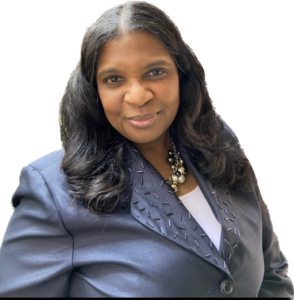
Angela Greene, BWIR Director of Media Relations and Public Affairs, Advocate, Author, Educator, Host and Producer of Jazz Flavors, Executive Producer of On Point with Juandolyn Stokes, AACRC Caucus member of the Library of Congress

Black Women in Radio Archival Collections
The collections listed below document the lives and careers of Black women in radio, with links to finding aids and digitized materials.
ARCHIVAL COLLECTIONS
Birmingham Black Radio Museum
Gwendolyn Sanders Gamble, and her two sisters Dot and Deborah, were Ullman High School students and active in the 1963 campaign. Gwen was the contact person for the “captain” who would come from the movement office to give a signal for the students to leave. She discusses her organization skills and shares recollections of early radio in Birmingham, including her special connection with Paul “Tall Paul” White from WENN radio. Gwen Gamble went on to work with C.T. Vivian in St Augustine, Florida.
Carolyn “Michelle” Shivers oral history
Michelle was an on-air personality and, for a time, Music Director at WJLD in the late 1970’s. In this interview, she shares some of her recollections of the period that encompassed the 1976 WENN walk-out over the firing of GM Joe Lackey by owner AG Gaston, and the subsequent reconfiguration of the new WENN, organized in part by her husband Bob Shivers and Larry Hayes, whom Gaston had hired to replace Lackey.
Chicago Public Library
Rita Coburn Whack, a novelist, television and radio producer, and on-air radio contributor, won an Emmy for writing in her documentary film, Curators of Culture: Chicago’s South Side Community Art Center, in 2005. Her papers include 41 oral history interviews and other audiovisual materials from her public radio work and from documentaries she created for public television.
Harvard University
A lawyer and jurist, Sampson was an active member of the National Council of Negro Women (NCNW). Based on the recommendation of Mary McLeod Bethune, she participated in the Town Hall of the Air, a radio program and lecture series that promoted solidarity and peace during the post-World War II era. She later became the first African American woman to serve as an alternative delegate at the United Nations.
Indiana University
The Deborah Smith Pollard collection includes more than 200 gospel music magazines and other publications from the 1980s to 2000s. The collection also includes Pollard’s gospel music television specials, over 50 interviews she conducted with gospel artists and industry figures, airchecks of Pollard’s radio program, Strong Inspirations, and radio programs hosted by other announcers.
Materials documenting Gales Webb’s career as an award-winning producer and host of Sunday Afternoon Gospel Music Program on 96.3 WHUR in Washington, DC. Includes interviews and production materials used in the public radio series Remembering Slavery and Jazz Singers, the television documentary Melodies from Heaven, the video for the Smithsonian Institution’s exhibit Beyond Category: The Music of Duke Ellington, and her materials related to SC 39: Black Radio: Telling it Like it Was (a radio series also produced by Gales Webb).
This collection consists of materials related to Lewis’s work at the WERD radio station in the 1950s and ’60s. Founded by Jesse B. Blayton, Sr. in October 1949 in Atlanta, Georgia, WERD was the first black owned and operated radio station in the United States. The collection of materials comprise 7 black and white and 7 color photographs documenting WERD’s early history. Content includes the exterior of the WERD studio building, publications related to WERD such as photographs of an issue of The Printed WERD, and a portrait of J.B. Blayton Sr.
University of Iowa
Edith Reed Atkinson, a classically trained singer and former editor of instruction books, bids, proposals, and production scheduler, was born May 24, 1919, in Davenport, Iowa. Beginning in 1943, Edith Atkinson had a radio show on local station WMT for a time, during which she sang requests. She also performed for such celebrities as Nat King Cole during the dinner hour.
Television journalist and politician Mary Jane Neville Chinn Odell, the daughter of Eugene and Madge (Lewis) Neville, was born in Algona, Iowa, on July 28, 1923. Beginning in 1955 Mary Jane Chinn hosted a variety of radio and television shows for KRNT, known today as KCCI Channel 8, in Des Moines. Among the Mary Jane Chinn Show formats were a weekly morning television show and a Friday night talk show for which she traveled extensively to interview guests.
University of Massachusetts-Amherst
A lifelong activist, performer, and educator, Cheryl Lorraine Evans was born in 1946 in west Medford, MA, the eldest of five. As a high school student, Evans attended the March on Washington in 1963, and was then the first in her family to attend college, in 1964 joining the largest class at UMass Amherst to date. She worked for over a decade in early childhood education, mostly in New Jersey and New York City, then while working for the State of Massachusetts received her MA in Communication from Emerson College, partially to help her public radio show Black Family Experience.
New York Public Library
Etta Moten Barnett was an actress and singer on Broadway and in radio and television. The Etta Moten Barnette Collections consists of 155 recordings (1955-1974), the bulk of which are the radio program Remember When broadcast out of Chicago from 1955-1962. Barnett interviews prominent personalities such as Harry Belafonte, Helen Hayes, Martin Luther King in Ghana, Sammy Davis, and others. Tributes to and profiles of other composers, actors, singers, and poets are also featured.
Radio talk show producer and registered nurse Alma John was the first African-American woman director of a school of practical nursing in New York State. As Executive Director of the National Association of Colored Graduate Nurses, she hosted and wrote the scripts for the radio program Brown Women in White. In 1952, she got her first radio program on station WWRL, covering everything from religion to teenagers. Alma John later wrote a syndicated column that appeared in the African-American press, and also hosted and eventually produced the television program Black Pride.
DIGITAL COLLECTIONS
American Archive of Public Broadcasting
“In Black America” produced by KUT
Black Women: Catalyst for Change, produced by Dr. Mary F. Lenox
Black Women and the Family; Iola Harding
Ford Hall Forum; Lectures by Gloria Steinem and Margaret Sloan on Women’s Liberation
The sister’s been doing her homework/Betty Shabazz
Birmingham Black Radio Museum
Black Women in Radio online exhibit
University of Maryland
Trudy Haynes Oral History
Diane Betzendahl interviews Trudy Haynes, a news reporter and “Weather Girl” who worked at WCHB [or WCHW], in Inkster, Michigan, which was the first Black-owned and operated radio station in the north, as well as WXYZ television in Detroit, Michigan. Recorded May 25, 1978, at KYW radio, Philadelphia. Email lschnitk@umd.edu for access to the interview.
Compiled by Laura Schnitker, curator and audiovisual archivist in Special Collections in Mass Media & Culture at the University of Maryland Libraries. She also serves as co-chair of the College, Community and Educational Radio Caucus (CCER), and member of the African-American and Civil Rights Caucus (AACR) for the Library of Congress’ Radio Preservation Task Force. She can be reached at lschnitk@umd.edu.
